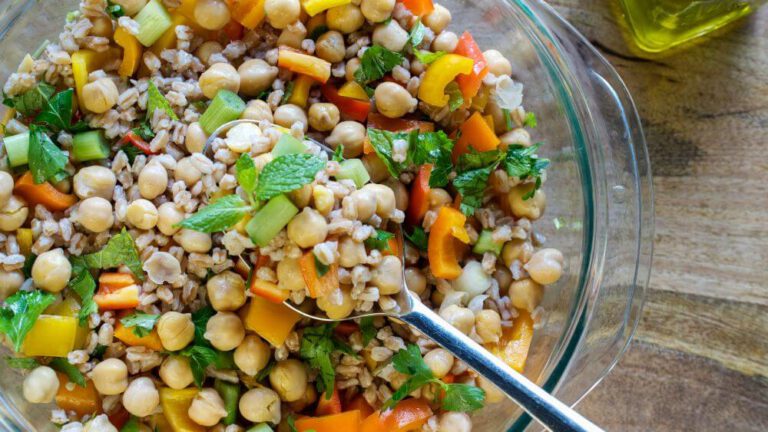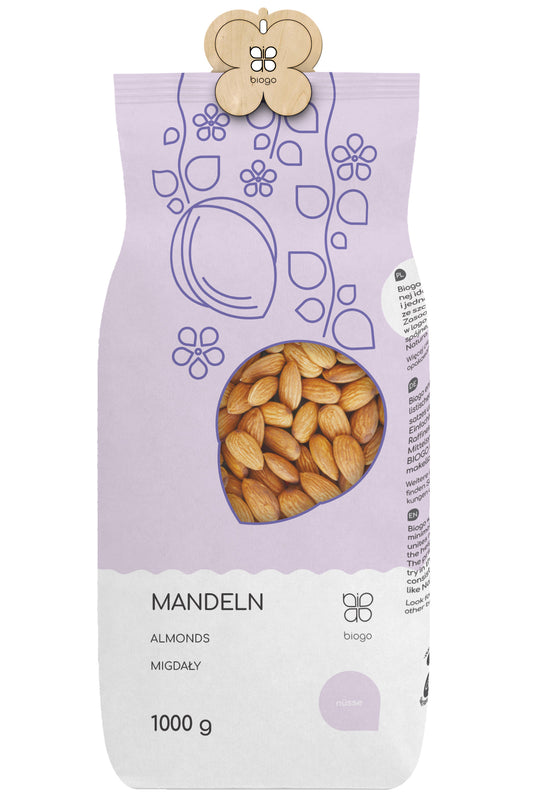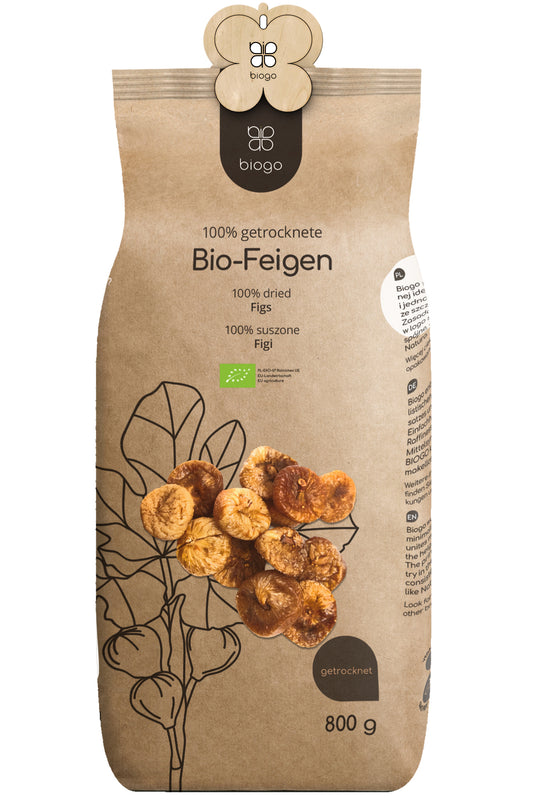The human body is an incredibly efficient machine, performing literally thousands of tasks every day, most of which we're not even aware of. When you eat a meal, your body immediately begins breaking its components down into smaller "building blocks" that can be used in a variety of ways: extracting vitamins and minerals, converting sugar and fat into energy reserves, and, most importantly, utilizing protein to build and rebuild all of your body's internal organs.
Because all of these key processes are not only invisible but also barely noticeable, they are easily forgotten or underestimated in their importance—especially when it comes to proteins, which aren't talked about as often as vitamins and minerals or sugars. For this reason, there are still many misconceptions about where and in what quantities protein can be obtained. Many people believe the already disproven belief that animal products are the only "right" source of protein: and that's not true! Plants can also be a rich source of protein: Here are five of the richest of them.
1. Nuts, seeds and kernels
Whether you're an almond connoisseur, a lover of sunflower and pumpkin seeds, or perhaps a fan of fatty and filling Brazil nuts, we have good news: All of these and similar foods are great sources of protein! Be careful not to overdo it with the crunch, though: The abundance of protein comes with a huge dose of fat, making them very high-calorie snacks. A handful of seeds or nuts a day should be enough if you make sure you also reach for other sources of amino acids.
2. Vegetables (yes!)
Vegetables may not be associated with protein-rich foods, but many contain a surprisingly high dose of protein. It's worth paying particular attention to dark green vegetables (especially broccoli), peppers, and sweet potatoes.
3. Legumes
A delicious and affordable alternative for everyone. Whether you cook beans, peas, chickpeas, or one of the many other pulses yourself or buy them from a can: eat pulses every day and you'll never be protein deficient! If you're one of those people who avoids pulses because of the bloating this food group can cause, don't be discouraged: start with small portions, and your digestive system will gradually adjust, and over time (faster than you think!) you'll stop feeling uncomfortable.
4. Grains and cereals
Due to current dietary trends, we've been trained to think of all grain- and cereal-based products as "carbohydrates"—and that's not entirely true, because grains and cereals, especially unprocessed ones, can be fantastic sources of protein. Combine them with legumes (for example, by making bean stew and serving it with buckwheat), and you'll provide your body with a complete set of essential amino acids.
5. Protein powder
It's not just people who don't avoid animal products who can afford to consume protein supplements! Their plant-based counterparts, ideal especially for people with increased protein needs—for example, athletes or strength athletes—are now readily available. In our organic store, you can purchase a range of nutrients from various plant sources: soybeans, hemp , peas, sunflowers, and others.
THE PUBLISHER'S CHOICE
Dried dates 1 kg BIOGO
- £4.00
£5.00- £4.00
- Unit price
- / per
Almonds 1 kg BIOGO
- £11.00
£13.00- £11.00
- Unit price
- / per
Peeled sunflower seeds 1 kg BIOGO
- £3.00
£4.00- £3.00
- Unit price
- / per
Dried organic mango 400 g BIOGO
- £10.00
- £10.00
- Unit price
- / per
Dried White Mulberries 500 g ORGANIC
- £6.00
£7.00- £6.00
- Unit price
- / per
Popcorn (corn kernels) organic 1 kg BIOGO
- £6.00
- £6.00
- Unit price
- / per
Organic Ground Turmeric 500 g BIOGO
- £6.00
- £6.00
- Unit price
- / per
Milk thistle seeds 1 kg BIOGO
- £4.00
- £4.00
- Unit price
- / per
Dried organic figs 800 g BIOGO
- £27.00
- £27.00
- Unit price
- / per
Bag #changezbiogo Cotton v.2
- £3.00
- £3.00
- Unit price
- / per






































































































































